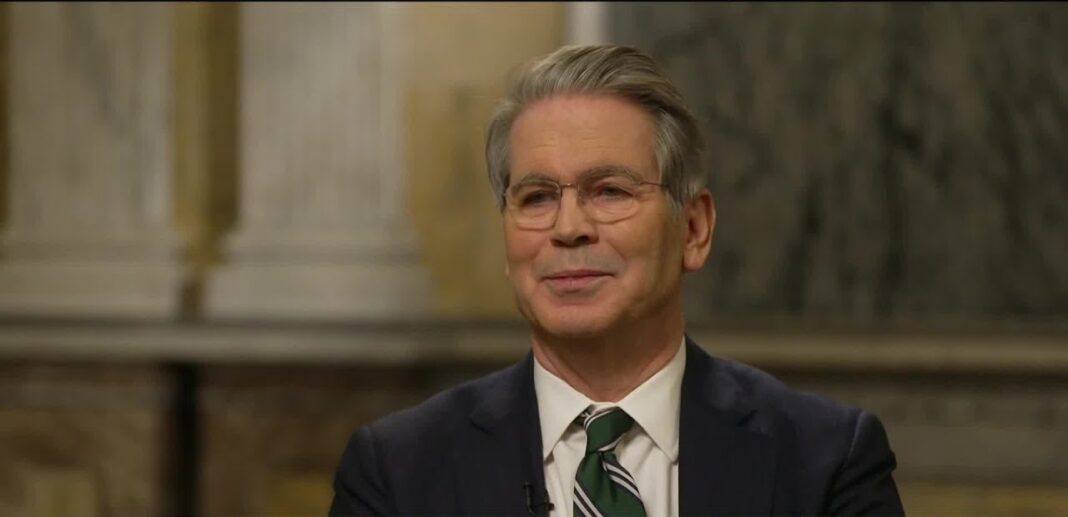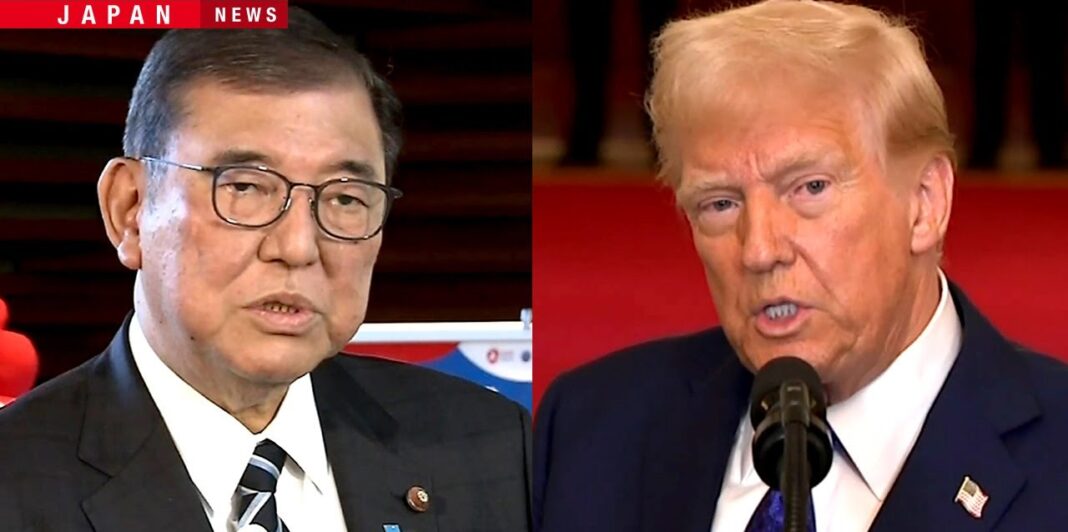The U.S. Treasury Department recently engaged in an in-depth review of its financial systems, policies, and future strategies. Discussions centered around concerns regarding financial security, payment processes, monetary policies, and economic stability. The review also addressed foreign exchange market trends and government spending, with insights into potential regulatory reforms and tax policies.
This report summarizes the key points discussed, analyzes their implications for businesses, investors, and the broader economy, and outlines potential future developments.
Treasury Market Stability and Payment System Security
A critical area of discussion involved concerns over the Treasury Department’s access to sensitive payment systems. Despite speculation about potential interference, officials clarified that internal reviews were purely operational. Employees involved in these reviews were restricted to read-only access, ensuring that no unauthorized changes could be made. Furthermore, the Federal Reserve remains the ultimate authority over system modifications, reinforcing the security and stability of financial transactions.
With the Treasury overseeing over 1.3 billion payments annually, operational efficiency is paramount. The review highlighted opportunities for improving transaction oversight and cost efficiency, with a strong emphasis on preventing disruptions that could impact investor confidence.
IRS Modernization and Data Privacy
Another focus of the discussion was the Internal Revenue Service (IRS) and its outdated technology infrastructure. Concerns about taxpayer data security were raised, particularly considering past leaks. The review emphasized the necessity of modernizing IRS systems to enhance privacy protection and improve tax collection efficiency.
A key takeaway was that while discussions about expanding access to IRS data were acknowledged, no immediate actions were being taken. Instead, the government is prioritizing technological upgrades to enhance customer service, strengthen data privacy, and improve overall tax system robustness.
Elon Musk’s Comments on Payment Oversight
A notable point in the discussion was Elon Musk’s recent remarks about Treasury’s role in approving payments. The response to these comments was clear: Treasury officials confirmed that no attempts have been made to block payments. Instead, the review was framed as an operational audit aimed at increasing transparency and reducing wasteful expenditures.
The discussion underscored Treasury’s commitment to efficiency, transparency, and cost reduction, positioning the review as an effort to optimize government financial operations rather than introduce restrictive policies.
The U.S. Dollar’s Strength and Global Currency Manipulation
Currency policy was another significant topic, with a focus on the importance of maintaining a strong U.S. dollar. The Treasury Department outlined four pillars that define a strong dollar:
- Credibility and Rule of Law: Ensuring the U.S. remains a trusted global financial leader.
- Market-based Exchange Rates: The dollar’s value is influenced by global currency indices.
- Fair Trade Practices: Discouraging currency manipulation by other nations.
- Economic Policies: Implementing strategies that strengthen the U.S. economy and ensure global confidence in the dollar.
Concerns over foreign currency manipulation were also addressed. Treasury officials acknowledged that some nations, including China, have historically influenced their exchange rates to gain trade advantages. However, the upcoming April 1st tariff study will provide a more comprehensive assessment of foreign currency interventions and their impact on trade relations.
Government Spending, Inflation, and Tax Policies
The discussion also touched upon inflationary concerns, government debt issuance, and fiscal policy reforms. While past administrations have implemented various spending policies, the Treasury Department emphasized its commitment to cutting unnecessary costs and improving financial accountability.
Regarding tax reforms, some potential changes under consideration include:
- No tax on tips or overtime pays
- Making tax cuts from previous administrations permanent
- Enhancing deductions for middle-class Americans
The aim is to ease financial burdens on lower-income households while ensuring that tax policies support business investment and job creation.
Market Confidence and Long-Term Economic Strategy
Despite concerns raised by investors about the impact of Treasury reviews on market confidence, officials reassured stakeholders that all payments and transactions remain secure. The emphasis was placed on deliberate, structured improvements rather than abrupt changes, ensuring financial stability.
Additionally, Treasury officials acknowledged the need to recalibrate their engagement with market stakeholders. This includes fostering direct dialogue with financial institutions rather than relying solely on internal research reports.
What Lies Ahead?
Based on these discussions, the following future trends and considerations emerge:
1. Strengthening Financial System Security
Expect a continued emphasis on enhancing cybersecurity measures within government financial systems, particularly at the IRS and Treasury payment networks. Future reforms will likely focus on securing taxpayer data and preventing financial disruptions.
2. Currency Manipulation and Trade Policies
The upcoming April 1st tariff study will provide more clarity on global currency policies. Businesses involved in international trade should prepare for potential regulatory shifts that could impact currency exchange rates and trade agreements.
3. Tax Reforms and Economic Growth
Potential tax changes could provide relief for middle-income earners and businesses. If implemented, these reforms may lead to increased consumer spending and economic stimulation, benefiting both workers and businesses.
4. Investor Confidence and Treasury Market Adjustments
Efforts to increase transparency and improve market engagement will play a key role in maintaining investor confidence. Any shifts in monetary policy will likely be gradual and well-communicated, ensuring minimal disruptions to financial markets.
5. Business Implications
For businesses, these discussions signal potential regulatory and tax changes that could impact operational costs, investment strategies, and financial planning. Companies should stay informed on upcoming tax policy decisions, foreign trade regulations, and financial system updates to remain competitive.
Conclusion
The Treasury Department’s review underscores its commitment to financial stability, transparency, and efficiency. Key areas of focus include strengthening payment system security, modernizing IRS infrastructure, ensuring a strong U.S. dollar, and evaluating foreign currency manipulation.
Looking ahead, businesses, investors, and policymakers must closely monitor upcoming tax reforms, foreign exchange policies, and fiscal decisions. Proactive adaptation to these changes will be essential for navigating the evolving economic landscape.
As discussions continue, one key question remains: How can the U.S. balance fiscal responsibility while fostering economic growth and global competitiveness? This will be a critical consideration for policymakers moving forward.
Disclaimer
This article is for informational purposes only and should not be considered financial, legal, or investment advice. All statements are based on publicly available discussions and do not represent any official position of the U.S. Treasury or its affiliates. Readers should consult financial professionals before making any economic or business decisions.
Alex Murphy is an investigative journalist who specializes in uncovering emerging business trends and technologies shaping the future.




